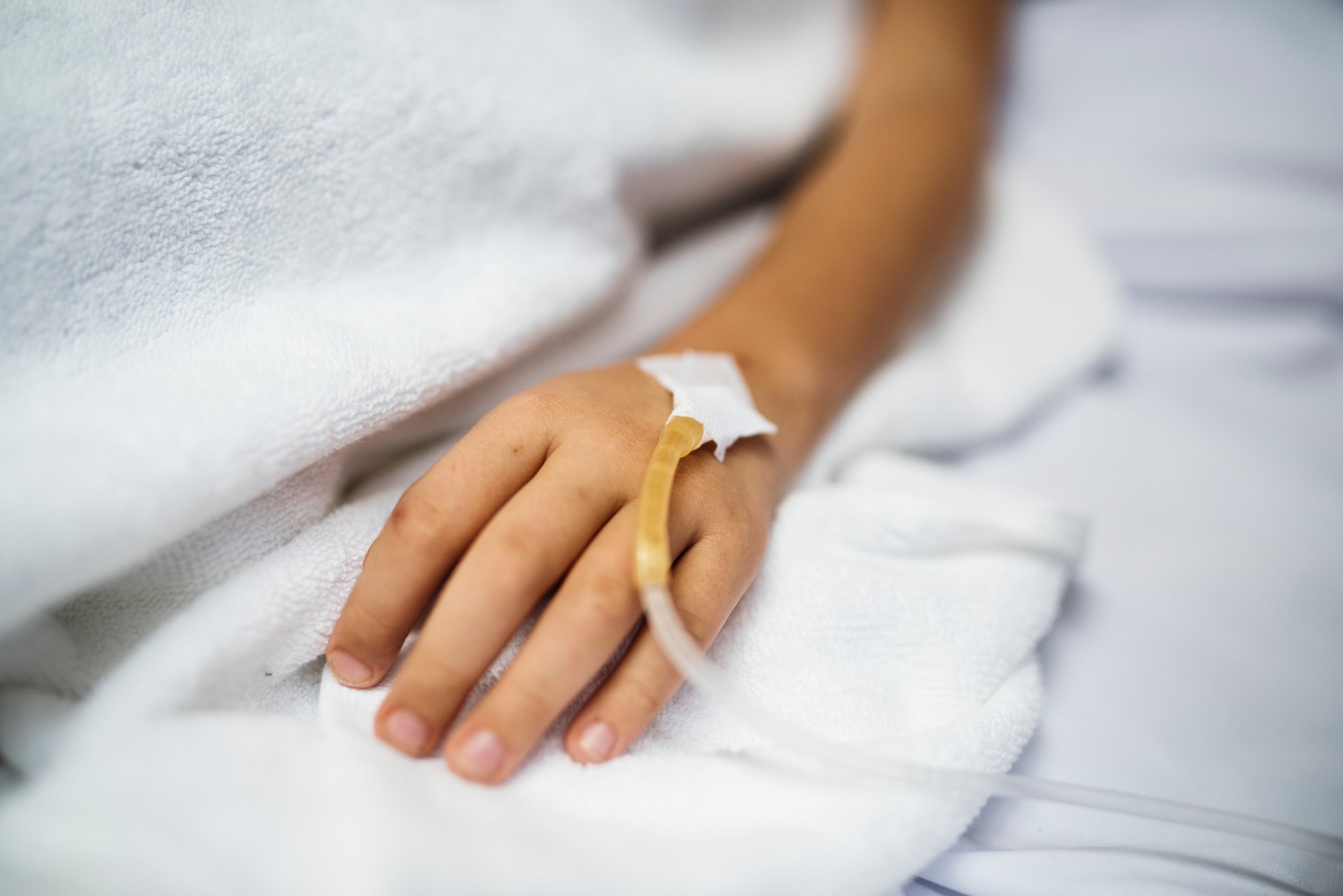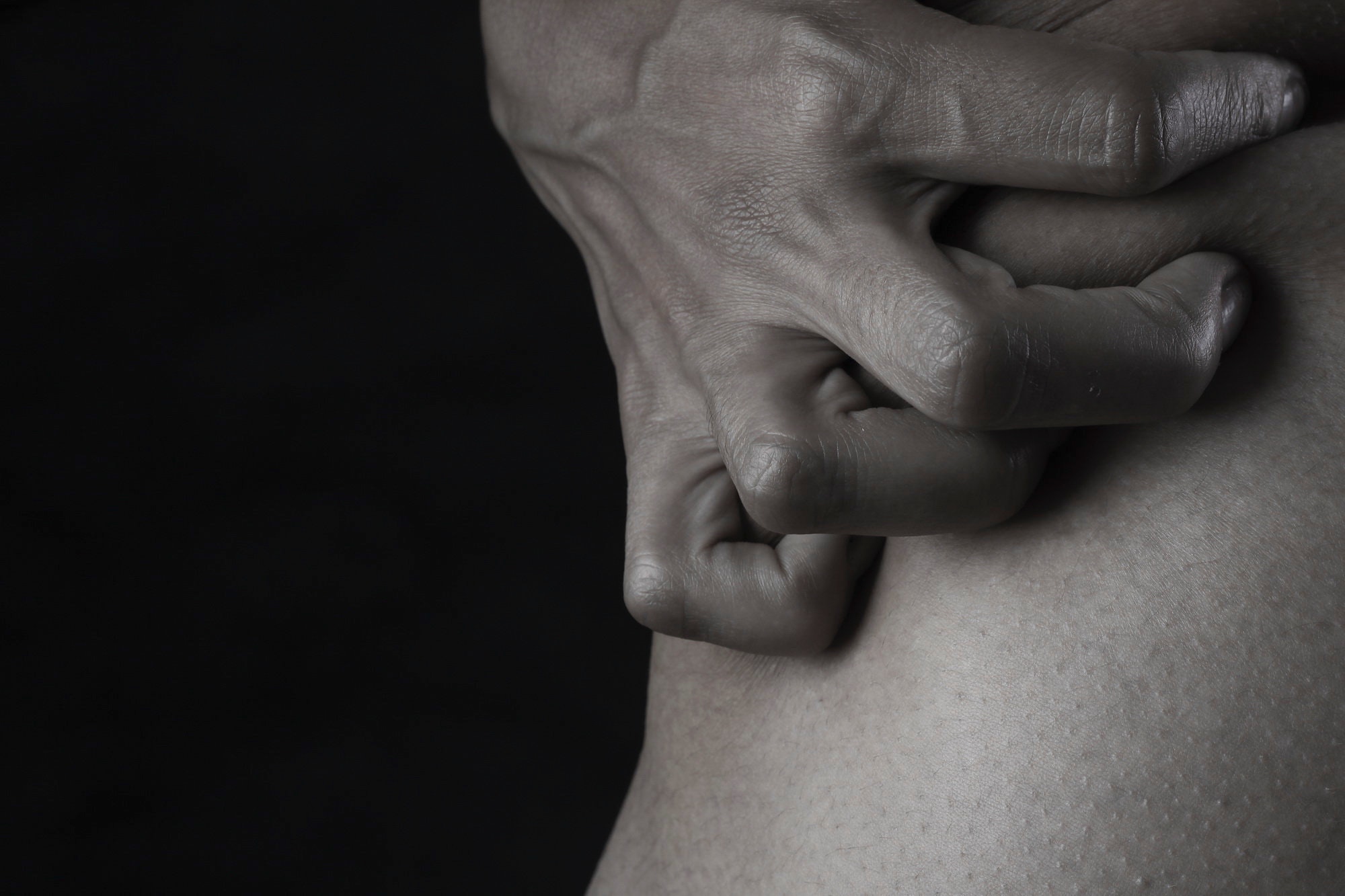How Acupuncture Can Help Lupus Patients
/Systemic Lupus Erythematosus (SLE) is a form of the autoimmune disease also known as Lupus.
A difficult and often frustrating autoimmune disease, Lupus affects nearly 1.5 million people across the US with symptoms including inflammation, pain and tissue damage.
Patients are often willing to try anything to combat their symptoms and restore their immune systems. Thankfully, acupuncture can play a significant role in their efforts.
A recent article by Very Well explains how the ancient art of acupuncture just might help a Lupus patient.
It’s long been believed (and proven) that acupuncture can help reduce inflammation and pain by improving circulation and the proper flow of qi, and this can be especially importnat for someone with a Lupus diagnosis.
In fact, the 2008 study entitled 'Acupuncture for Systemic Lupus Erythematosus: A pilot study RCT feasibility and safety study' published in Sage Journals examined the role of acupuncture as a means of pain treatment within the Lupus population.
Twenty four patients with the SLE manifestation of Lupus were given either standard acupuncture treatment, acupuncture treatments performed with less needles, or to remain on their existing treatment plan without treatment.
The results?
“At the end of the trial, 40% of the patients in both the standard acupuncture treatment group and the minimal needling group experienced an improvement in their pain levels of at least 30%.”
Interestingly but perhaps unsurprisingly, “the group that remained on their usual care plan reported no improvement in their pain levels.”
Ultimately, “the study concluded that acupuncture is a valid, safe and effective method to treat pain in patients with SLE.”
If you hare struggling with a lupus diagnosis and the pain, inflammation and malaise that can typically come with it — you’re not alone. Let NJ Acupuncture Center help.





















